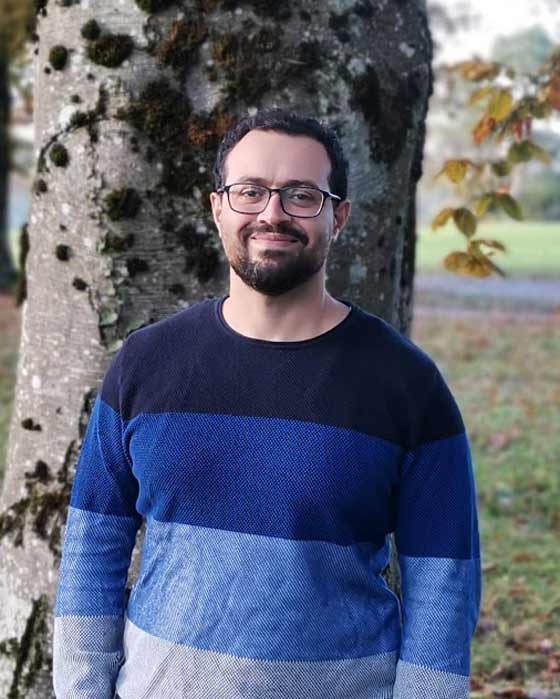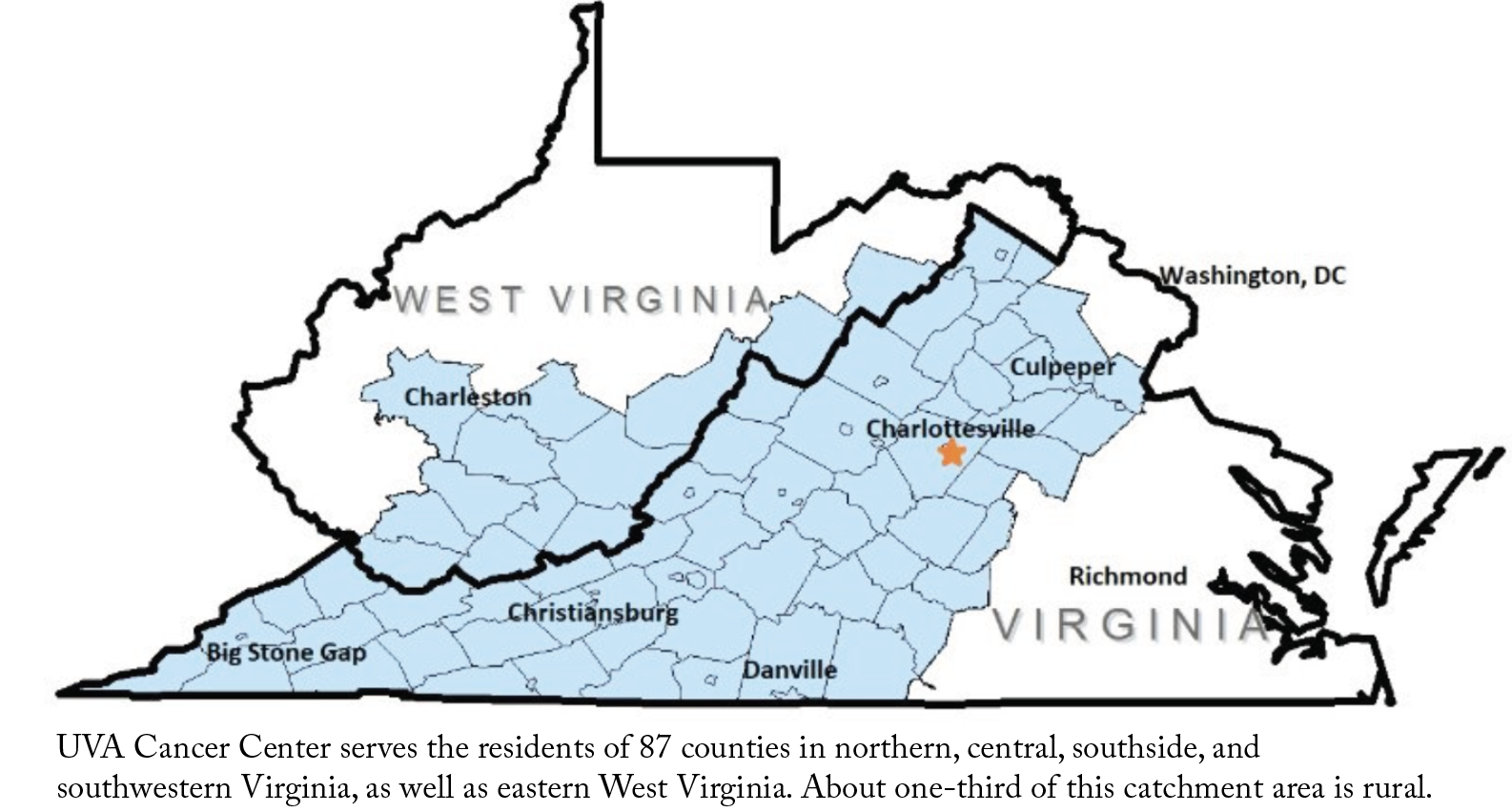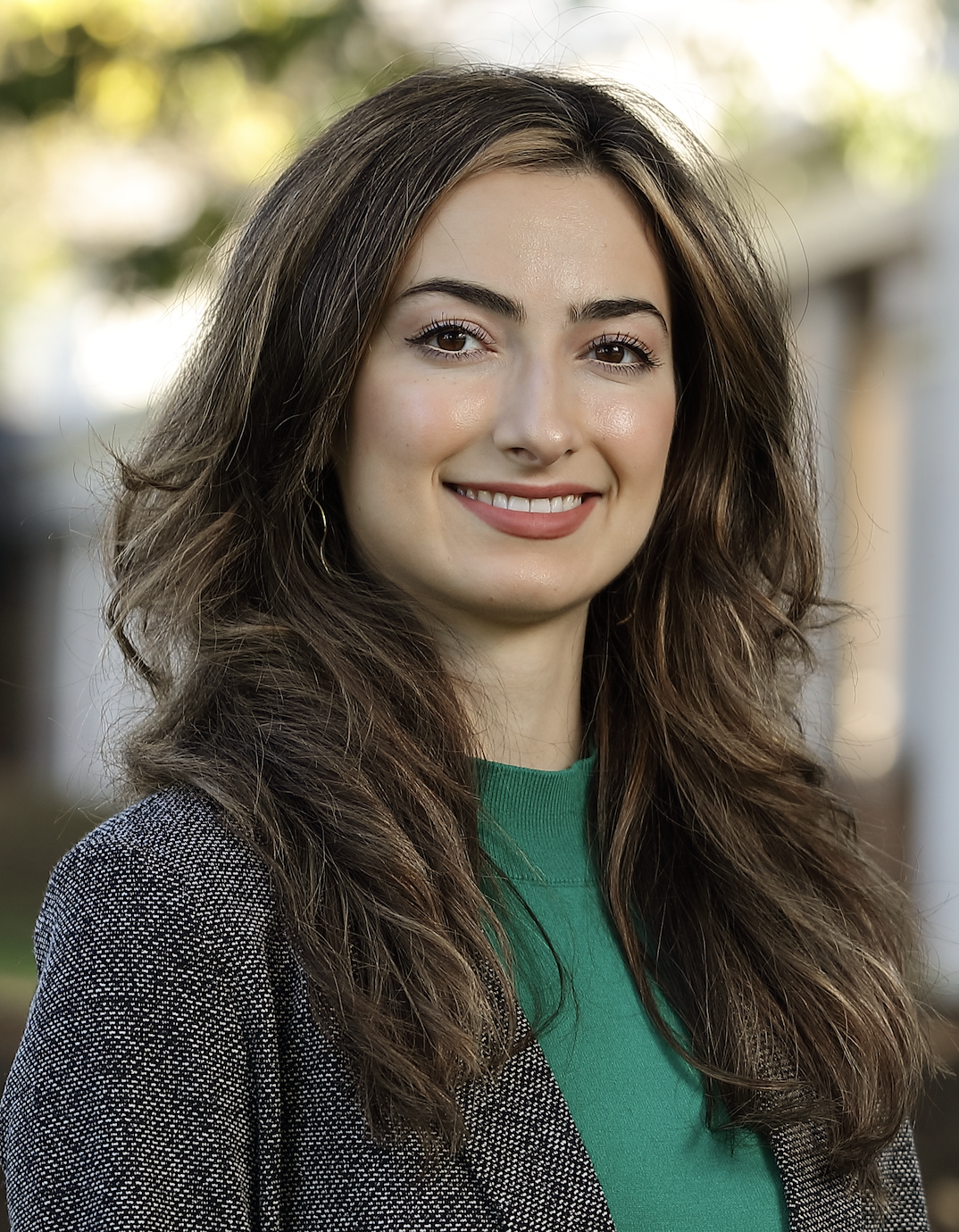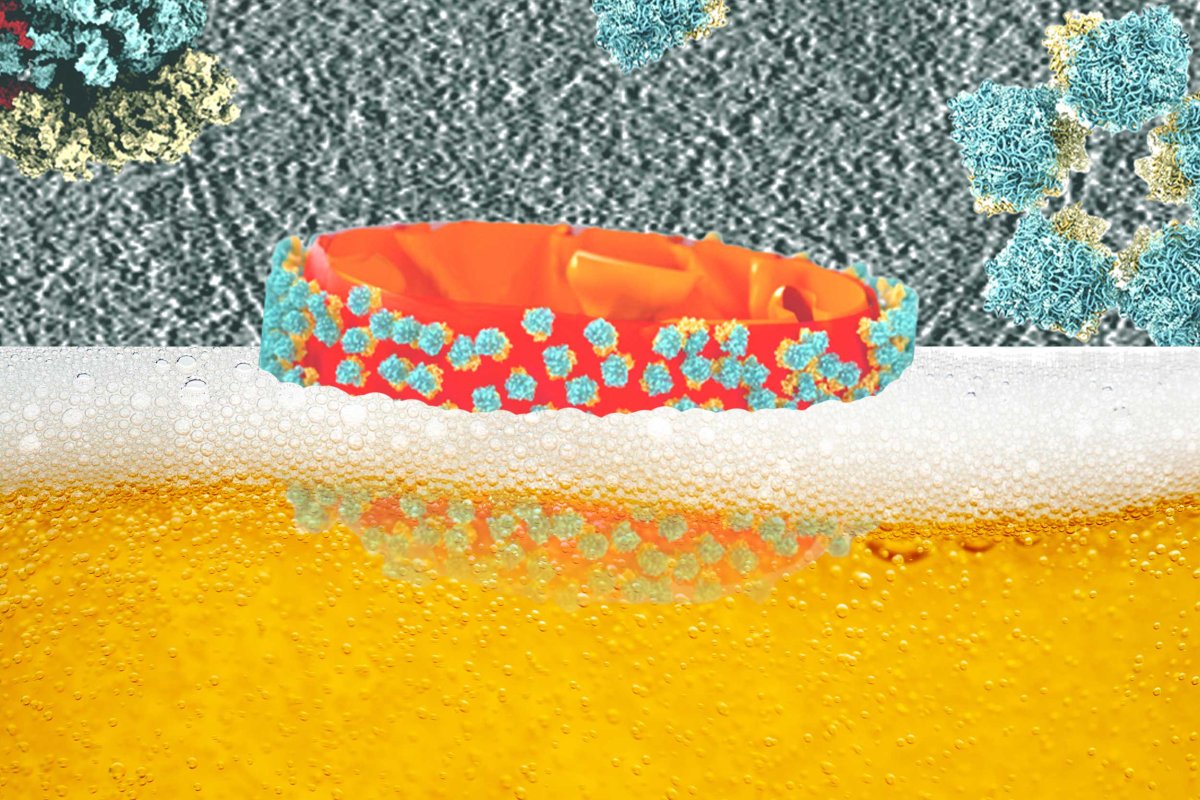News in Brief
In Beer Yeast, Scientists See a Path to Starving Cancer
UVA  School of Medicine scientists, in collaboration with counterparts in Germany, have discovered a never-before-seen adaptation that helps the yeast cells in beer go dormant when nutrients are scarce. The yeast cells’ ability to hibernate during stress mirrors how cancer cells survive the nutrient shortages accompanying cancer’s unchecked growth. “Cells can take a break when things get tough by going into deep sleep in order to stay alive, then at a later point, they seemingly just come back,” said Ahmad Jomaa, PhD, of the School of Medicine’s Department of Molecular Physiology and Biological Physics. Understanding this process could lead to new strategies for making cancer cells more vulnerable to starvation and easier to treat. Learn more about these unexpected findings.
School of Medicine scientists, in collaboration with counterparts in Germany, have discovered a never-before-seen adaptation that helps the yeast cells in beer go dormant when nutrients are scarce. The yeast cells’ ability to hibernate during stress mirrors how cancer cells survive the nutrient shortages accompanying cancer’s unchecked growth. “Cells can take a break when things get tough by going into deep sleep in order to stay alive, then at a later point, they seemingly just come back,” said Ahmad Jomaa, PhD, of the School of Medicine’s Department of Molecular Physiology and Biological Physics. Understanding this process could lead to new strategies for making cancer cells more vulnerable to starvation and easier to treat. Learn more about these unexpected findings.
Bridging Gaps in Cancer Care for Rural Southwest Virginia

A decades-long partnership between UVA Cancer Center and Mountain Empire Older Citizens (MEOC) provides essential cancer support to Southwest Virginians. Backed by events like the Harold Lester Memorial Golf Tournament, this partnership has launched many projects over the last decade to improve cancer detection and prevention in the region. The projects include
- A cancer education program led by trained Southwest Virginia residents and delivered through community organizations;
- A cancer survivorship program adapted from the traditional cancer support group setting to meet the unique needs and barriers of rural cancer survivors; and
- A nutrition education and counseling program for cancer survivors delivered by MEOC staff with support from UVA Cancer Center’s Comprehensive Community Grants program.
Learn more about UVA Cancer Center’s Community Outreach and Engagement.
Nurse Navigator Program Expands

UVA Health has long provided professional nurse navigators to assist patients in managing breast cancer and radiology. Now, the program is expanding to offer nurse navigators with specialization in each cancer type. With this expertise, they can be a single point of contact to guide patients and their families through every step of their unique cancer journey, from diagnosis to survivorship or palliative care. They can assess each patient’s needs and history, match them with the right providers and support services, and diligently manage schedules to ensure timely consultations and treatments. They can also provide emotional support and educational resources to alleviate anxiety and empower patients to be proactive in their treatment and recovery. Learn more about the program in this Q&A with Catherine Terrell, RN, clinical and operational director with UVA Cancer Care.
Award for Pediatric Brain Cancer Study
One faculty’s groundbreaking research on brain cancer treatments garnered another recent funding boost. Natasha Sheybani, PhD, assistant professor of biomedical engineering and research director of the UVA Focused Ultrasound Cancer Immunotherapy Center, received a Department of Defense Idea Award to advance novel combinations of focused ultrasound and CAR T-cell immunotherapy to non-invasively treat medulloblastomas, the most common pediatric malignancy.
This grant follows a 2023 Ben and Catherine Ivy Foundation award she received to pursue a similar novel treatment for the deadliest brain cancer, glioblastoma. Sheybani is collaborating with Children’s National Hospital colleagues on this new two-year study. Learn more about her promising investigation.

Learn how to support UVA Cancer Center’s essential research, community engagement, and patient care by contacting UVA Health Development’s cancer programs team at 434.924.1871 or uvacancercenter@virginia.edu.

